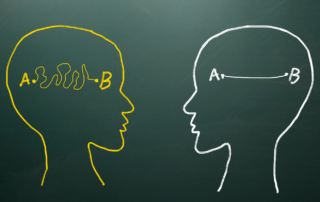How to Depolarize Ourselves: Communication and Understanding Across Cultures
The world is becoming increasingly polarized, as is seen through evidence of “us” versus “them” mindsets. Divisions have evolved into partisanship across groups, highlighting the need to understand how we differ culturally and across groups, why we are becoming more polarized, and how we can begin to reduce the impact of these divides. Cross-cultural and other models provide insight into how individuals differ across groups, and how we can reconnect with those around us.





